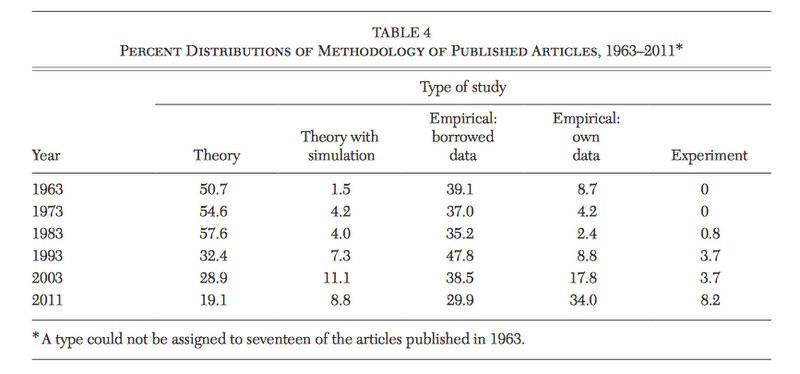- 12 Sep 2023 03:33
#15286553
I did not say that.
Please quote me on it in case you didn't understand (I wouldn't be surprised).
The only thing I'm saying, is that you can logically conclude a true statement from a false premise.
MMT does the same - it does reach its conclusions based on deductive reasoning. So do other schools.
Like for all models, I have yet to see a model that doesn't use simplifying assumptions - even if some don't say it explicitly.
"All models are wrong, but some are useful" - George Box (not an economist).
I actually said, explicitly, the limits of purely logical proofs are why we need to contrast models to the data.
Steve_American wrote:Again Lurkers, I had asserted that classical deductive logic proves things because its system never gives the wrong truth value as long as all the premises are actually true. He asserted that classical deductive logic can at times prove statements that are false as true when the proof uses only true premises and the proof is otherwise valid. I asked him to support that assertion.
I did not say that.
Please quote me on it in case you didn't understand (I wouldn't be surprised).
The only thing I'm saying, is that you can logically conclude a true statement from a false premise.
Steve_American wrote:His response to support that assertion is to talk about propositional logic. It is non-responsive.
He asserts above that the point is not about proofs. However, I asserted that MS Econ. theories are not supported by the scientific method. They are proved using deductive logic.
MMT does the same - it does reach its conclusions based on deductive reasoning. So do other schools.
Steve_American wrote:But, many of the premises are false. They are often called simplifying assumptions. But, they are false anyway. For example, IIRC, the proof that the free market sets the things correct price at all times, includes the assumption that all players in the market know everything about the thing being sold, it may also include that all the players have an equal ability to choose not to make the deal.
Like for all models, I have yet to see a model that doesn't use simplifying assumptions - even if some don't say it explicitly.
"All models are wrong, but some are useful" - George Box (not an economist).
Steve_American wrote:Here, he seems to be asserting that it doesn't matter that MS Econ's conclusions are not proven. It doesn't matter that, for example, a given policy choice can increase inflation or decrease it, because of unknown factors. It is still a valid theory to assert that that policy choice is the best to reduce inflation in all cases. [Note, this is just an example. I'm not saying it is true or false.]
I actually said, explicitly, the limits of purely logical proofs are why we need to contrast models to the data.









 - By Rancid
- By Rancid